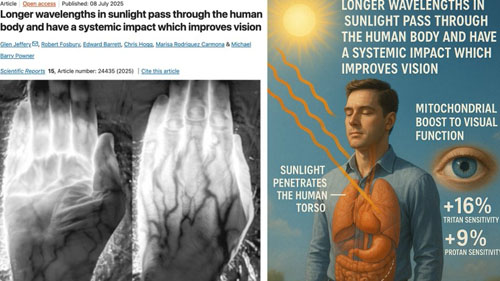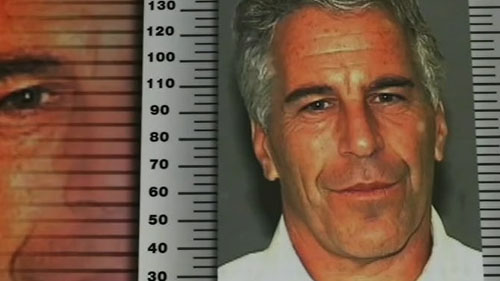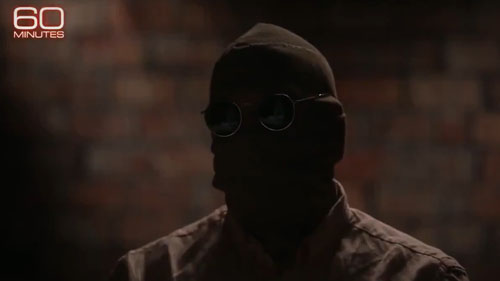| Recent Featured Videos and Articles | Eastern “Orthodoxy” Refuted | How To Avoid Sin | The Antichrist Identified! | What Fake Christians Get Wrong About Ephesians | Why So Many Can't Believe | “Magicians” Prove A Spiritual World Exists | Amazing Evidence For God | News Links |
| Vatican II “Catholic” Church Exposed | Steps To Convert | Outside The Church There Is No Salvation | E-Exchanges | The Holy Rosary | Padre Pio | Traditional Catholic Issues And Groups | Help Save Souls: Donate |  |









 " />
" /> " />
" /> " />
" /> " />
" /> " />
" />




“By claiming that all who acknowledged Paul VI as the pope were heretics, you condemn Padre Pio” – WRONG!
Basically everything you have written in your short e-mail is wrong. We do not say that everyone who believes that the Vatican II antipopes are true popes is ipso facto a heretic. We say that after a person becomes familiar with the heresies of the V-2 antipopes and doesn’t denounce them – and after one becomes familiar with the teaching on loss of papal office and continues to insist that they are popes – they become heretics. In addition, one who imbibes the Vatican II theology of ecumenism would become a heretic, even before he or she has seen any teaching on loss of office, etc. That’s because an acceptance of false religions is directly incompatible with true faith in Christ.
So, your first accusation is totally wrong and constitutes a misrepresentation of our position. It’s certainly the case that not everyone who considers the V-2 antipopes to be popes is ipso facto a heretic. That’s because it’s the duty of a Catholic to accept the man who purports to be the Bishop of Rome as the pope, until there is clear evidence of an invalid election or manifest heresy. Some radical schismatics have adopted the theologically absurd position that it’s impossible to be in the Church while recognizing an antipope (even if one hasn’t seen the heresies or the evidence to conclude otherwise), and this leads them into a whole range of ridiculous and outrageously schismatic errors.
Regarding the objection concerning St. Thomas, these are old and tired arguments that we have already refuted many times. If people spent the time reading our book on salvation, they would see that there is an entire section dedicated to this very objection. Outside the Catholic Church There is No Salvation and refuting baptism of desire – book, audio program, articles. It’s found in Section 17, “Other Objections.” To disprove that very objection, we give an analogous example from Pope John IV and Honorius. Moreover, it’s addressed in our debates on baptism of desire:
File of Recent Audio Debates on “Baptism of Desire”
It’s addressed in this second one and in the fourth one.
Debate on baptism of desire with sedevacantist Ken [1 hr. 46 min. audio – Jan. 2009]
Furthermore, that particular false objection (which you raise concerning doctors of the Church, etc.) is best addressed, and frankly demolished, in our article on Geocentrism and “Baptism of Desire.” In this article, we show that a doctor of the Church and popes have considered something heretical which in fact later popes did not even consider necessarily wrong. If that’s the case, then a doctor of the Church (e.g., St. Thomas, etc.) can be unaware of (or confused about) a Church teaching or a dogmatic definition which disproves a certain position.
Examining the Theological Status of Geocentrism and Heliocentrism and the Devastating Problems this creates for Baptism of Desire Arguments *very important article which demolishes popular baptism of desire arguments, contains a new quote from a pope on geocentrism and much more
This article clearly shows that doctors of the Church and popes can make mistakes on matters that are dogmatic (or which they think are dogmatic) without being heretics. To quote one paragraph from the article: “… if heliocentrism has not been infallibly condemned by the Holy See, then numerous popes (e.g., Paul V and Urban VIII) and a Doctor of the Church (St. Robert Bellarmine) acted like it had been and thus were unaware of the true theological status of this issue. If they could have been completely wrong about the true theological status of this controversial point [one about which accusations of heresy were being launched], then certainly St. Alphonsus and others could have been as well concerning the dogmatic status of the absolute necessity of water baptism. Thus, either way our point is proven.”
To put it another way, baptism of desire is a theological error which becomes a heresy when it is carefully matched up with the dogmatic definitions on salvation. This is analogous to the minutiae (finer points) of the Incarnation, etc., such as the dogma that Christ has two wills. This false idea is, strictly speaking, a heresy; but it would only be only an error for some until they see the specific Church teaching against the false position.
In conclusion, your objection demonstrates a superficial knowledge of Church history and the teaching of the Magisterium, as if a doctor of the Church is always perfectly aware of the theological status of every Catholic truth. It’s an objection that sounds good, but crumbles when more facts are brought forward. Your false objection is regurgitated by countless bad willed false traditionalists who consider themselves knowledgeable and Catholic (but actually aren’t), including priests, bloggers and forum hosters who love “baptism of desire.” They are completely wrong and their position is refuted by the aforementioned facts. It’s distressing that these people won’t more carefully look at the information; for just a few days ago one radical schismatic wrote to us demanding an answer to this very objection. We pointed out to him that we’ve already addressed the issue, and he (in his pride and bad will) refused to believe it. He was convinced it was such an original objection that we could not have addressed and refuted it before.
[P.S. Your other false statements about Padre Pio were addressed in our audio: Answering Objections Against Padre Pio (42 min. audio discussion)]
Sign up for our free e-mail list to see future vaticancatholic.com videos and articles.
Recent Content
^